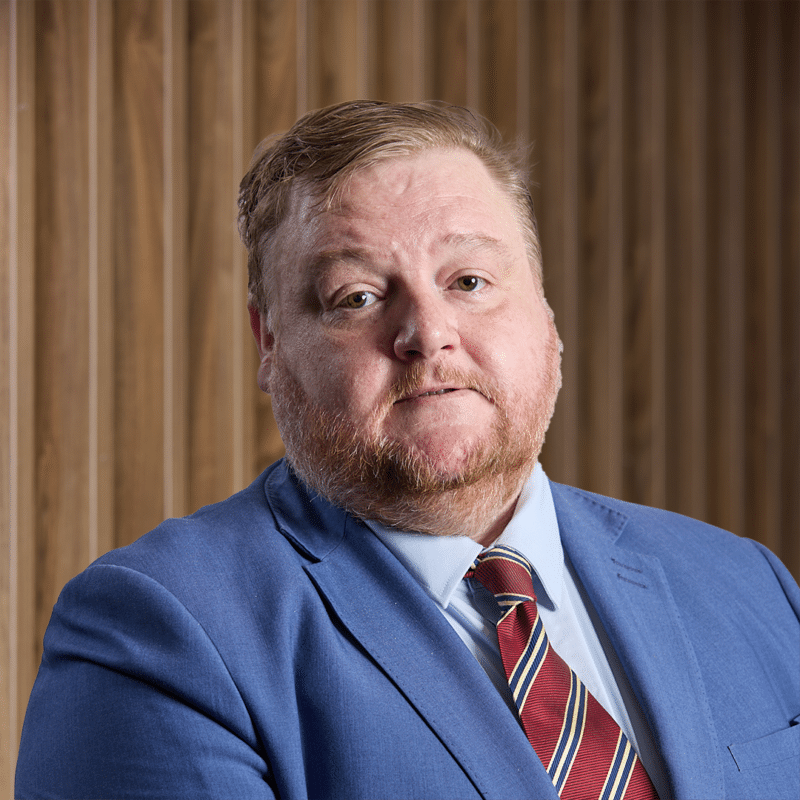Commercial Litigation Lawyers
How our Litigation Lawyers handle issues in business
If you or your business are in dispute or can see a dispute looming, our commercial litigation lawyers will provide timely, efficient and strategic advice on how to manage the dispute and achieve your desired outcomes. We’ll deliver peace of mind through practical solutions. Our advice is guided by the financial, operational and strategic value we can bring to you and your enterprise.
When a dispute escalates to involve formal proceedings, in Court, arbitration or mediation, the decades of experience held by our commercial litigation lawyers, will enable you to achieve the best possible result. Our commercial litigators have successfully represented clients in Federal and State Courts and Tribunals. Our approach is to always devise and implement strategies that are directed towards an early and cost-efficient resolution.
Our Commercial Lawyers can assist you or your business
Our litigation lawyers in Perth, Joondalup, Mandurah, Bunbury and Albany represent large and small corporations, individuals, local governments and other government authorities, liquidators and administrators, trustees and executors. We can advise you on a wide range of commercial matters including:
- Employment & Industrial Relations
- Insolvency
- Construction
- Defamation
- Estate Disputes & Claims
- Property Disputes
- Consumer Law
- Contract disputes
Contact our Litigation Lawyers today!
If you or your business requires assistance or expertise from a commercial litigation lawyer, contact our Perth, Joondalup, Mandurah, Bunbury or Albany litigators today.










